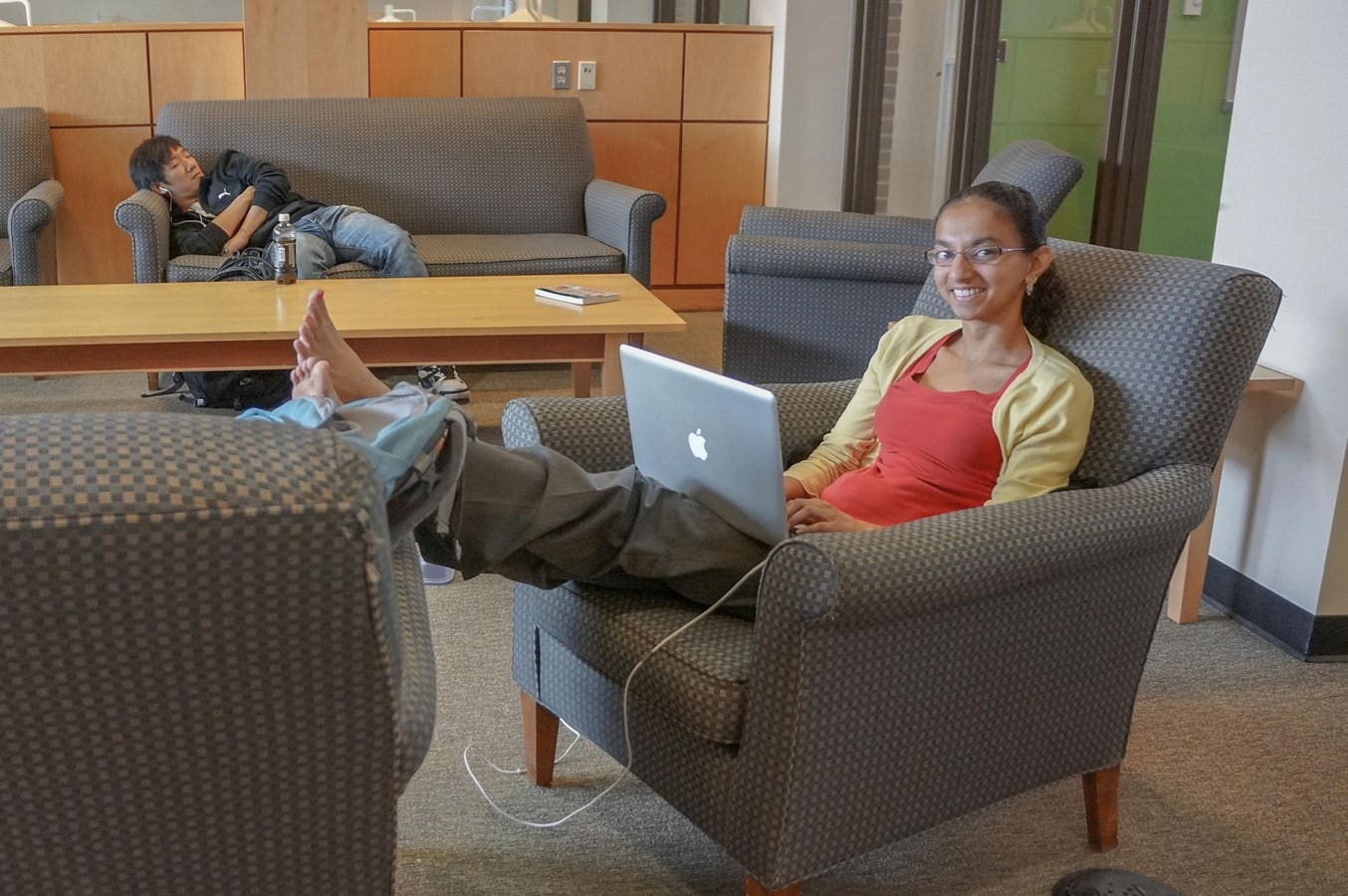Wake Forest, this year, has allowed only first-generation students, whose parents did not graduate from college, to apply early action. That was a particularly elegant way of addressing the desire for campus diversity on the heels of the Supreme Court decision striking down affirmative actions.
The most common response from colleges this fall was to create a “diversity” question on the application. The most direct is the University of Maryland’s, which asks: “Because we know that diversity benefits the educational experience of all students, the University of Maryland values diversity in all of its many forms. This includes (but is not limited to) racial, socio-economic, gender, geographical, and sexual orientation. We are interested in hearing about your own individual life experiences. In a few sentences, will you please describe how you have learned, grown, been inspired or developed skills through one or more components of diversity.”
Others are more subtle. Princeton asks “As a prospective member of this community, reflect on how your lived experiences will impact the conversations you will have in the classroom, the dining hall or other campus spaces.” Northwestern’s inquires “What aspects of your background, your identity, or your school, community, and/or household settings have most shaped how you see yourself engaging in Northwestern’s community”. Similarly, Rice asks applicants: “Rice is strengthened by its diverse community of learning and discovery that produces leaders and change agents across the spectrum of human endeavor. What perspectives shaped by your background, experiences, upbringing, and/or racial identity inspire you to join our community of change agents at Rice?”
Other colleges are using scholarships to attract a diverse class. Rutgers University offers 200 scholarships to Phi Theta Kappa students, an honor society for open access, mostly community college students. New Jersey (Educational Opportunity Fund) and New York (Higher Education Opportunity Fund) give students who are educationally and educationally disadvantaged a leg up on getting admitted and financial and academic support to graduate. Questbridge Scholars and Gates Millenium Scholars are used by many selective colleges to help find and support disadvantaged students. Newark NJ partnered with a local college to offer 40 students a debt-free college education through the pilot of the Guaranteed Education initiative.
About 50 colleges pay for all expenses, including airfare, for economically disadvantaged students who want to visit their campuses. Seven states have started tuition-free programs for low-income students. Federally funded Gear UP and TRIO programs help assist low-income individuals, first-generation college students, and individuals with disabilities attend college. Americorps programs like College Possible, with branches in 8 states and cities, assist disadvantaged students in the college process. Urban initiatives such as Say Yes to Education and the College Advising Corps assist low income, first generation students.
Despite all these efforts, unrepresented and economically disadvantaged students continue to come up against many barriers to going to and completing college. College costs, the lack of availability of pre-college coursework, the need to work during college, home and food insecurity and high counselor loads work against the majority of low income students completing college. Educational deficits and financial burdens need to be addressed on the federal and state level by supporting smaller counselor loads, massively increasing the Pell Grant and increasing funding for public colleges. Only then will these efforts became less symbolic and more transformational.
Read the full article here





